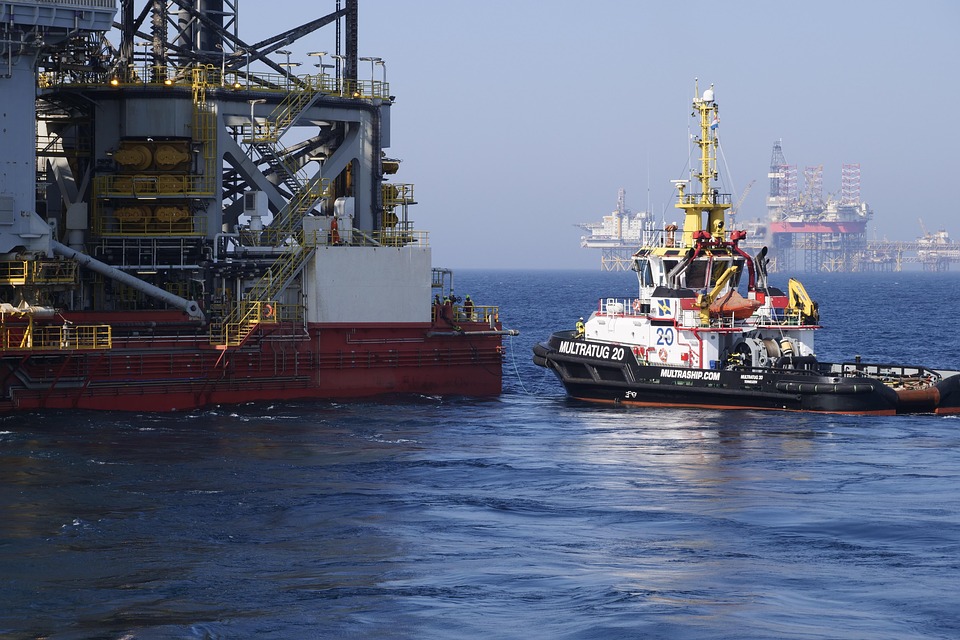Oil undergoes multiple processing steps before it can be used, and the resulting foaming creates significant challenges for workers. What types of oilfield defoamers are available to address different types of foaming during oil processing?

Types of Oilfield Defoamers:
Drilling Defoamers: Before oil and gas production begins, a well must be drilled. A large amount of surfactants is used during the drilling process, with drilling fluid accounting for 60% of total surfactant consumption. This in turn generates a significant amount of bubbles. If not promptly addressed, this can easily lead to a series of accidents, including well kicks, blowouts, and well collapses. Therefore, the use of drilling defoamers to eliminate and suppress foam is essential.
Oil-Gas Separation Defoamers: When oil reaches the wellhead and flows through the oil or gas pipeline, it often forms a gas-liquid phase due to changes in pressure and temperature. During the oil-gas separation process, the appearance of foam can result in substandard separation quality, failing to meet the requirements for processing, storage, and transportation at the mine. Therefore, oil-gas separation defoamers are necessary to address this issue.
Crude oil defoamers: After oil and gas separation, the crude oil obtained is still unusable and requires impurities to be extracted. This process is often accompanied by foaming, which can reduce crude oil processing capacity, cause processing equipment malfunctions, and leave a significant amount of impurities in the extracted oil. Crude oil defoamers are used to eliminate foam, ensuring smooth crude oil extraction and long-term processing equipment operation, thereby improving the yield and purity of oil refining.
Delayed coking defoamers: Due to the high wax content of crude oil in my country, the diesel fraction yield is generally lower than that of foreign countries, resulting in low diesel production and insufficient supply. Delayed coking can increase oil fraction yield, so it is often used to increase diesel production. However, if foaming is not promptly addressed, it can affect crude oil refining, reduce refining quality, and even create the risk of explosion. Therefore, delayed coking defoamers are used to address this issue during the delayed coking process.

